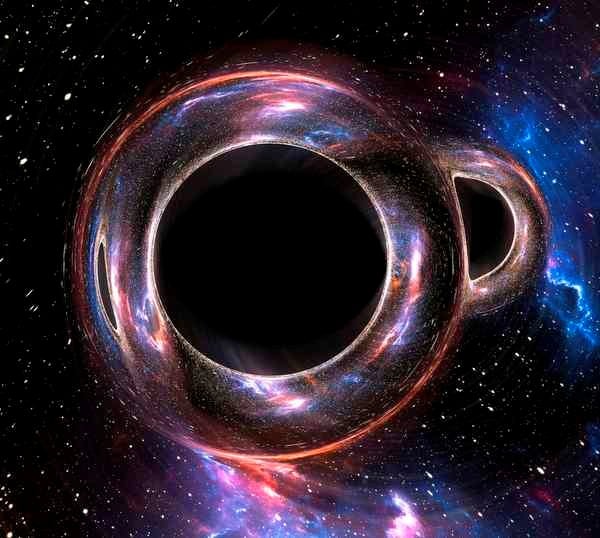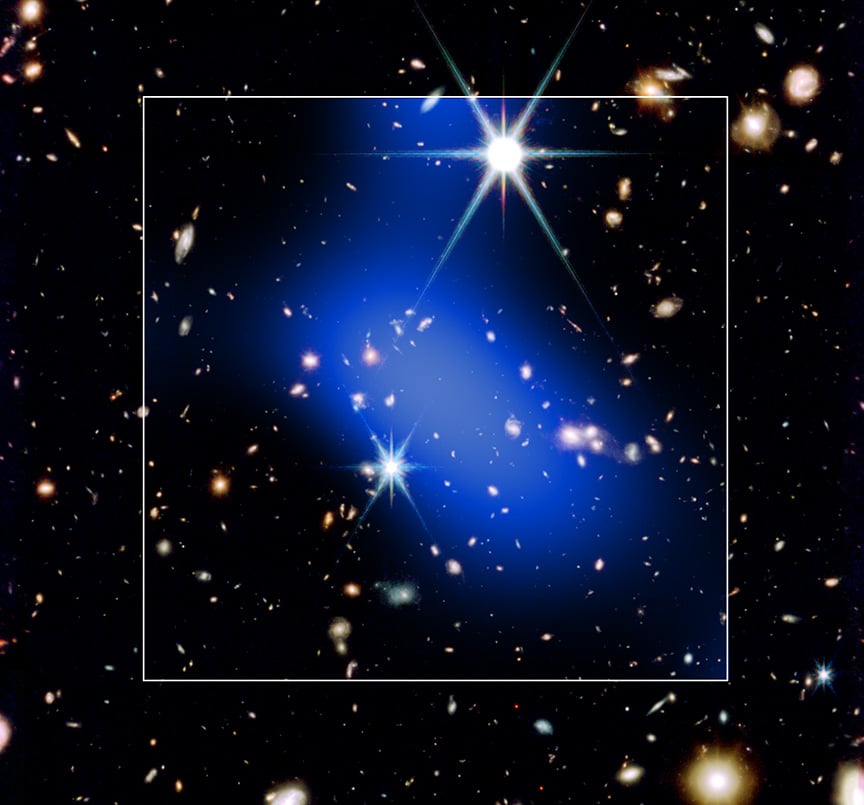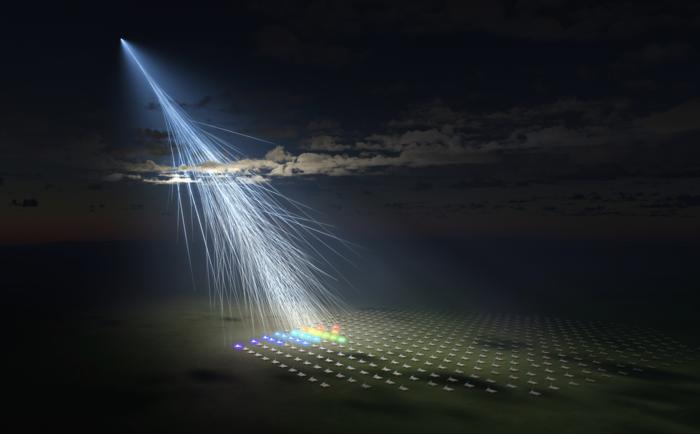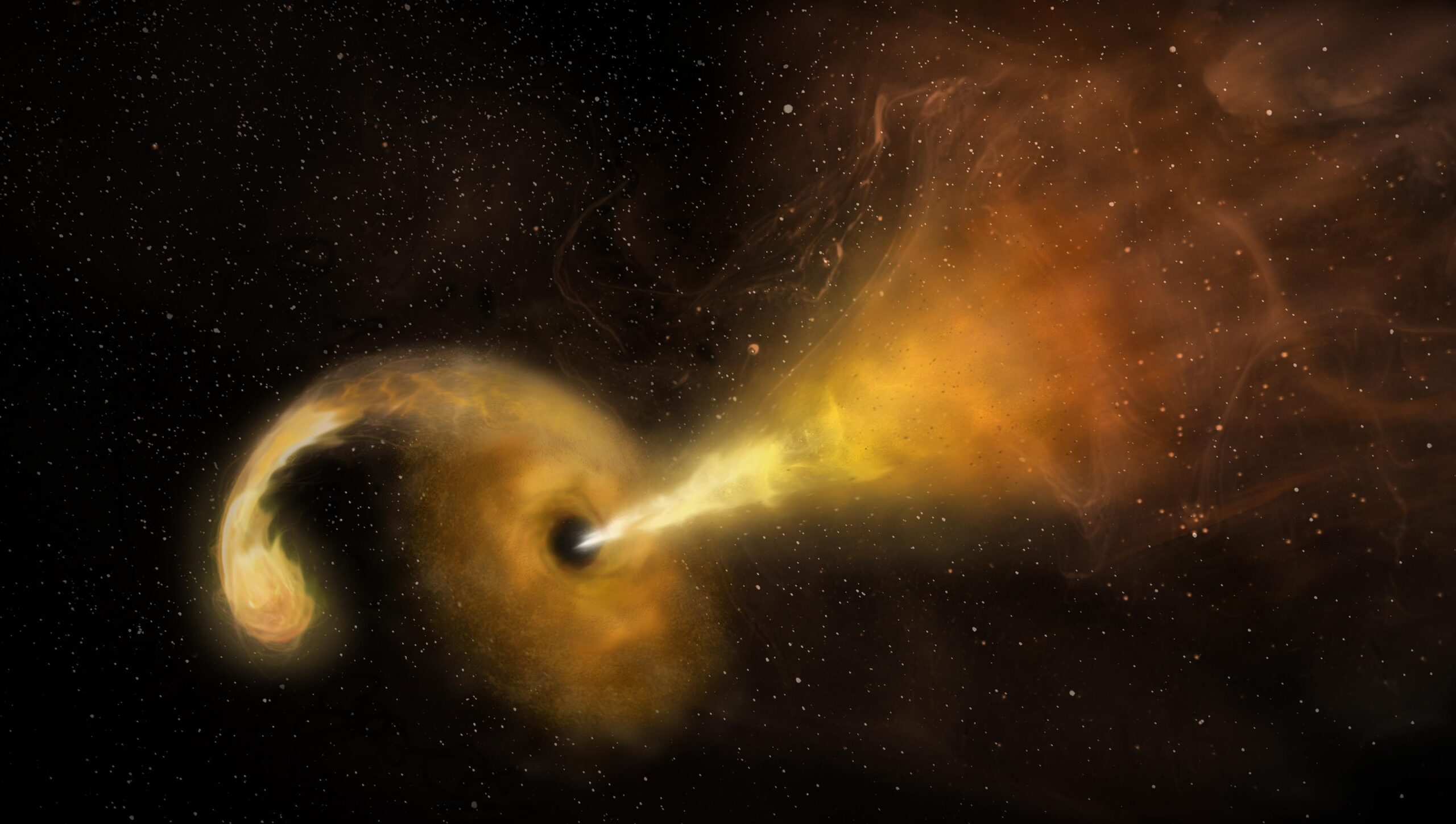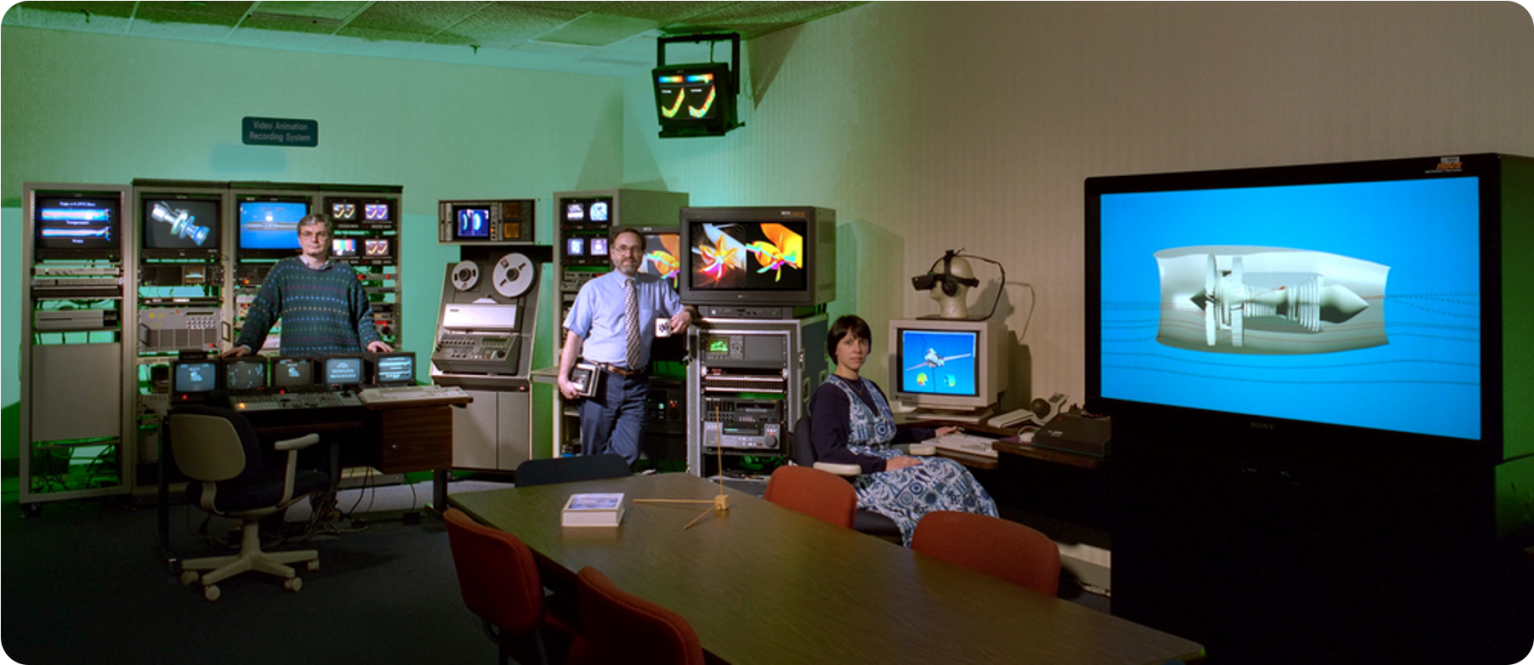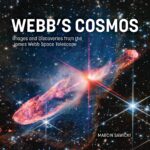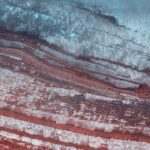Now Reading: JWST Finds Plenty Of Low Mass Black Holes In The Early Universe
1
-
01
JWST Finds Plenty Of Low Mass Black Holes In The Early Universe
JWST Finds Plenty Of Low Mass Black Holes In The Early Universe
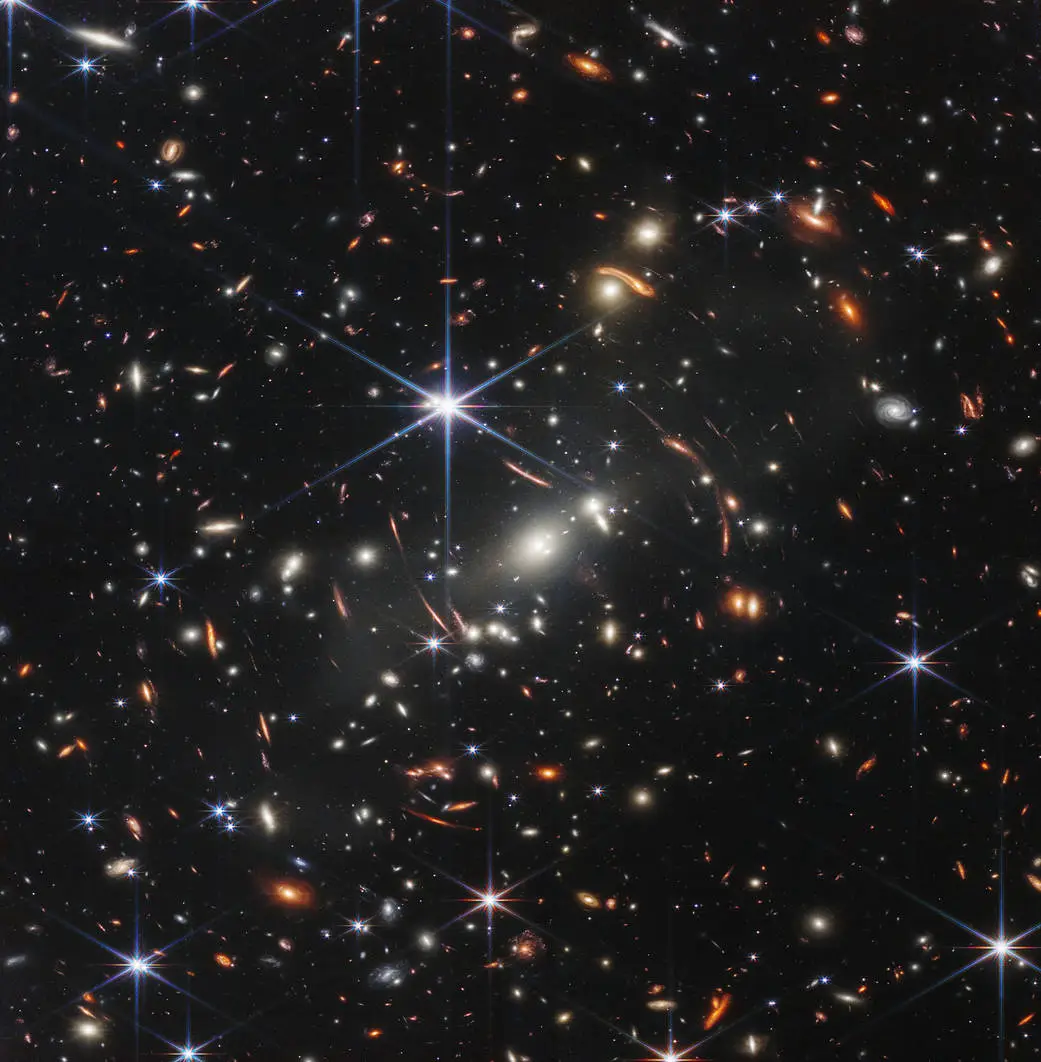
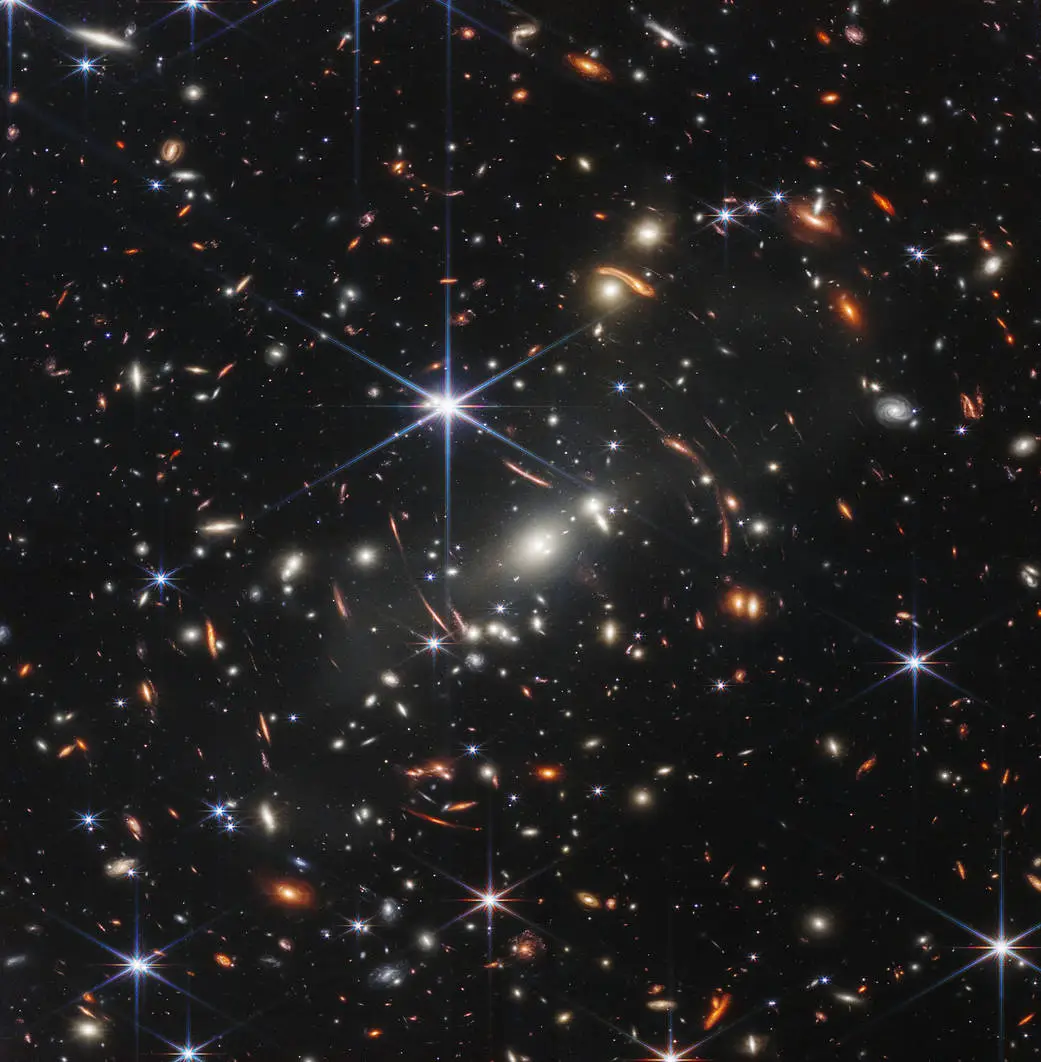
Black holes played a critical role in the formation of the early universe. However, astronomers have been debating for a long time just how critical, as the information we had about early black holes, which exist at high red-shifts, was relatively limited. A new paper from a group of researchers led by Sophia Geris at the University of Cambridge combined several spectra from the James Webb Space Telescope (JWST) to add some context to the formation of black holes early in the universe, and found that there are plenty of smaller ones lurking around, and lending credence to the idea that black holes of all sizes contributed to the formation of our modern universe.
Stay Informed With the Latest & Most Important News
[mc4wp_form id=314]
Previous Post
Next Post
Loading Next Post...
Popular Now
-
 01Two Black Holes Observed Circling Each Other for the First Time
01Two Black Holes Observed Circling Each Other for the First Time -
 02From Polymerization-Enabled Folding and Assembly to Chemical Evolution: Key Processes for Emergence of Functional Polymers in the Origin of Life
02From Polymerization-Enabled Folding and Assembly to Chemical Evolution: Key Processes for Emergence of Functional Polymers in the Origin of Life -
 03Φsat-2 begins science phase for AI Earth images
03Φsat-2 begins science phase for AI Earth images -
 04Hurricane forecasters are losing 3 key satellites ahead of peak storm season − a meteorologist explains why it matters
04Hurricane forecasters are losing 3 key satellites ahead of peak storm season − a meteorologist explains why it matters -
 05Thermodynamic Constraints On The Citric Acid Cycle And Related Reactions In Ocean World Interiors
05Thermodynamic Constraints On The Citric Acid Cycle And Related Reactions In Ocean World Interiors -
 06Binary star systems are complex astronomical objects − a new AI approach could pin down their properties quickly
06Binary star systems are complex astronomical objects − a new AI approach could pin down their properties quickly -
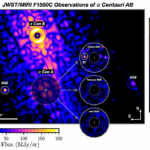 07Worlds Next Door: A Candidate Giant Planet Imaged in the Habitable Zone of α Cen A. I. Observations, Orbital and Physical Properties, and Exozodi Upper Limits
07Worlds Next Door: A Candidate Giant Planet Imaged in the Habitable Zone of α Cen A. I. Observations, Orbital and Physical Properties, and Exozodi Upper Limits
Scroll to Top












